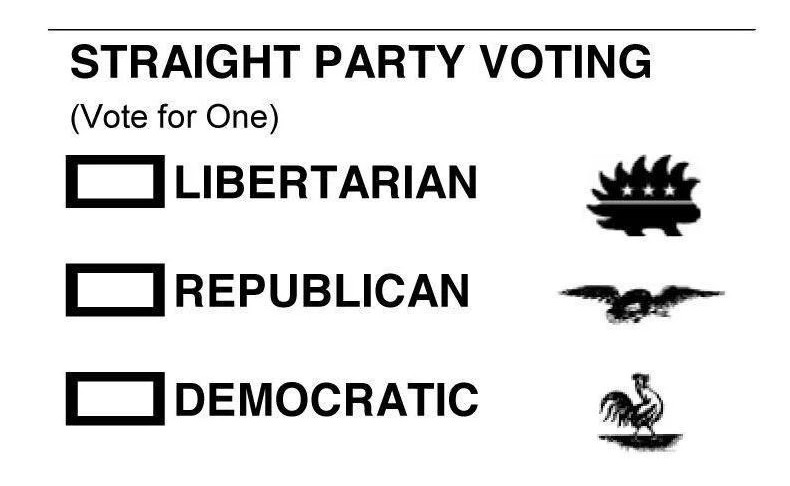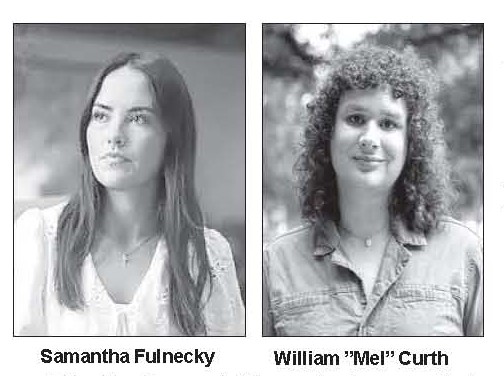Pictured: Allan Wall
The McGirt Mess Who Can Fix It?
By Allan Wall
Is the metropolis of Tulsa on Indian reservation land? It sounds ridiculous, but thanks to the wisdom of our national Supreme Court, since 2020, Tulsa has been regarded as reservation land, part of it on the Muscogee (Creek) reservation and part of it on the Cherokee reservation. It sounds ridiculous and it is.McGirt v. Oklahoma, and its companion case Sharp v. Murphy, were decided in 2020, both based on 1990s criminal cases. Jimcy McGirt was a child molester and Patrick Murphy a murderer. Their attorneys argued that since McGirt and Murphy were Indians, and since their alleged crimes were committed on reservations, they could only be tried in tribal or federal courts.
But there are no Indian reservations in Oklahoma.
In the 19thcentury, most of what is now Oklahoma consisted of autonomous Indian reservations. In 1901, Oklahoma Indians were declared U.S. citizens, several decades before the Indian Citizenship Act of 1924. By statehood in 1907, all Oklahoma reservations had been abolished. Oklahoma Indians participated in creating the new state and attended its constitutional conventions.
Oklahoma was to be a society for whites, Indians and black freedmen, on equal footing.
Former reservation lands are Tribal Statistical or Jurisdiction Areas, within which a tribe has properties, including tribal offices, hospitals, courts and police facilities, cemeteries, assembly halls, pow wow grounds, and of course casinos and travel plazas which earn big bucks for the tribe.
But these properties are not reservations in the commonly accepted meaning of the term. They are not comparable to, for example, the Navajo Nation (in Utah, Arizona and New Mexico) or the Pine Ridge Sioux Reservation in South Dakota.
On a true reservation, the tribal government is the government of that territory.
Oklahoma’s esteemed Attorney General Gentner Drummond thinks that Osage County is an Indian reservation. But the AG is wrong. The Osage tribe owns all the subsurface mineral rights in Osage County. That doesn’t make it a reservation.
The McGirt and Sharp v. Murphy decisions were applicable to the Muscogee (Creek) tribe, but was almost immediately extended to all of the Five Civilized Tribes – the Muscogee, the Seminole, the Choctaw, the Chickasaw and the Cherokee.
(PC Alert: Nowadays I see the Five Civilized Tribes referred to as the “Five Tribes.” Does referring to them as “civilized” imply that other tribes weren’t civilized? Or is the entire notion of “civilization” a Eurocentric Colonialist Construct or something like that.)
Eventually courts granted five small northeastern tribes their reservations also: the Quapaw in 2021; the Ottawa, Peoria and Miami in 2023; the Wyandotte in 2024.
So now ten tribes supposedly have reservations.
On the other hand, the Kickapoo and Osage tried for McGirt status but were denied. Sorry!
The existence of the McGirt decision creates uncertainty, first in criminal law, and afterwards in other areas of the law as well. Some of these decisions take years to work themselves out.
The law enforcement problem is that in the so-called ten reservations, the state of Oklahoma can't prosecute crimes in which Indians are perpetrators. But the tribes and federal government in those areas can't prosecute most of the cases because they don't have the assets to do so.
In 2022, Oklahoma Gov. Kevin Stitt, himself a card-carrying Cherokee, was interviewed on Tucker Carlson’s show and said this: “So basically this all started when McGirt, who was a child rapist, showed his Indian card and got his conviction overturned. And for those of you that haven’t been to Oklahoma in a while, it’s literally half of our state. So if you think about Tulsa with a million people, we have now had a change of rules. The state, if there’s an Indian involved, has lost jurisdiction to prosecute those crimes. Our police have lost jurisdiction. And when you think about who’s an Indian, you could be 1/500th, 1/1000th. I’ve actually got my Indian card. My six children with blond hair and blue eyes, they all have their Indian card. So our police are having a tough time because you can’t tell who an Indian is and who’s not an Indian in the eastern part of Oklahoma.”
The McGirt decision involved criminal law, but could create ramifications in many other legal areas as well.
It’s a real mess.
Who could solve this problem? The constitutional answer to that question is found in Article I, Section 8, which stipulates that “Congress shall have Power …To regulate Commerce … with the Indian Tribes.”
Congress could simply declare that Oklahoma has no reservations. Case closed. But there doesn’t seem to be much interest in Congress to do so, even in the Oklahoma delegation. Senator Markwayne Mullin (also a card-carrying member of the Cherokee tribe) supports McGirt. So don’t expect him to do anything about it.
After five years of muddling along with McGirt, you can probably expect more of the same, perhaps even an expansion of the doctrine.
Allan Wall is a Spanish teacher in a public school and resided for a decade and a half in Mexico. Allan writes about immigration-related issues, the contemporary Mexican scene, and how immigration is viewed south of the border. His website is www.allanwall.info










Latest Commentary
Saturday 31st of January 2026
Saturday 31st of January 2026
Saturday 31st of January 2026
Saturday 31st of January 2026
Saturday 31st of January 2026
Saturday 31st of January 2026
Saturday 31st of January 2026
Saturday 31st of January 2026
Saturday 31st of January 2026
Saturday 31st of January 2026
Saturday 31st of January 2026
Saturday 31st of January 2026
Saturday 31st of January 2026